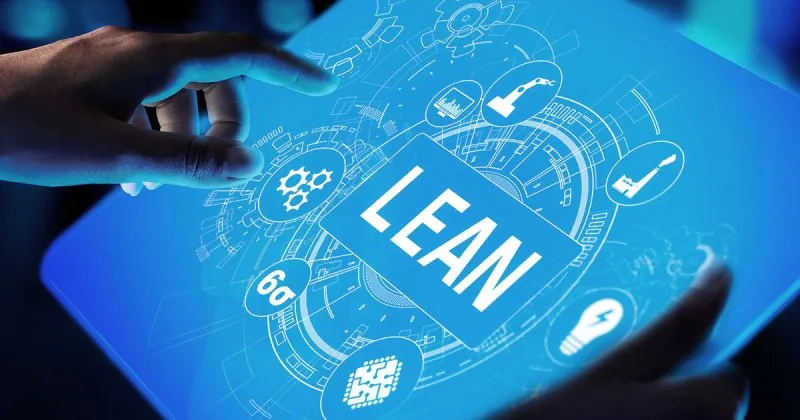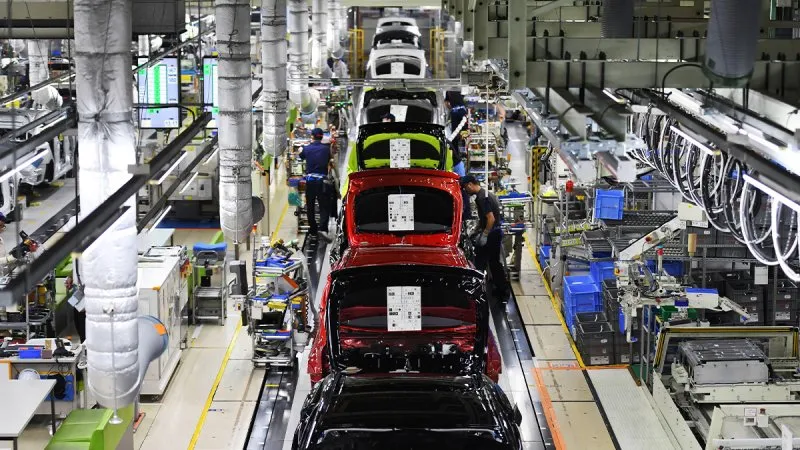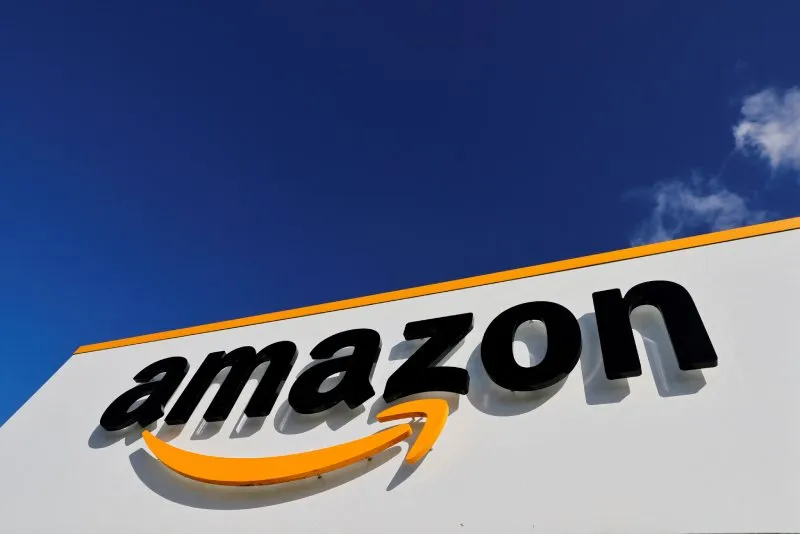What is lean supply chain?
Lean supply chain is an approach to supply chain management that focuses on minimizing waste and maximizing value for customers. It involves the integration of lean principles, which are derived from the Toyota Production System, into supply chain processes to eliminate non-value-added activities and reduce costs.
The goal of lean supply chain is to streamline the flow of goods and information across the supply chain, from suppliers to customers, while delivering high-quality products and services at the lowest possible cost. It requires collaboration and communication among all stakeholders in the supply chain, including suppliers, manufacturers, distributors, retailers, and customers.
By adopting lean supply chain, businesses can achieve greater efficiency, productivity, and customer satisfaction.

What is lean supply chain?
Benefits of Technology in Lean Supply Chain
Improved Efficiency and Productivity
Technology can help businesses achieve higher levels of efficiency and productivity in their supply chain processes. By automating tasks, tracking inventory levels in real-time, and optimizing production schedules, businesses can streamline their operations and reduce waste, resulting in increased efficiency and productivity.
Enhanced Visibility and Transparency
Technology provides businesses with greater visibility and transparency into their supply chain processes. With real-time tracking of shipments and inventory levels, businesses can monitor their supply chain from end to end, identify potential bottlenecks and issues, and take corrective actions to prevent delays and improve customer satisfaction.
Reduced Costs and Wastes
One of the main benefits of implementing technology in lean supply chain is the ability to reduce costs and waste. By using data analytics, businesses can identify inefficiencies in their supply chain processes and make adjustments to optimize their operations. Additionally, automation and digitalization of tasks can reduce the need for manual labor, resulting in lower costs and reduced waste.
Better Risk Management
Technology can help businesses manage supply chain risk management by providing real-time data and insights into potential risks and vulnerabilities. This enables businesses to proactively identify and mitigate risks, reducing the likelihood of disruptions and delays.
Enhanced Customer Experience
By implementing technology in their supply chain processes, businesses can improve their customer experience. Real-time tracking and monitoring of shipments can provide customers with accurate delivery times and reduce the likelihood of delays. Additionally, data analytics can help businesses to better understand their customers' needs and preferences, enabling them to provide more personalized and relevant products and services.

Benefits of Technology in Lean Supply Chain
Case Studies of Successful Lean Supply Chain Implementations with Technology
Toyota Motor Corporation
Toyota Motor Corporation is a well-known example of successful implementation of lean supply chain with technology. The company has implemented a variety of technologies, including automation, data analytics, and internet of things (IoT) devices to improve its supply chain processes.
Toyota uses data analytics to optimize its production schedules and inventory levels, resulting in improved efficiency and reduced waste. The company also uses IoT devices to monitor its supply chain in real-time, enabling it to identify potential issues and take corrective actions proactively.

Toyota Motor Corporation
Amazon.com, Inc
Amazon.com, Inc. is another example of successful implementation of lean supply chain with technology.
The company has invested heavily in technology to improve its supply chain processes, including automation, robotics, and data analytics.
Amazon uses robots in its warehouses to automate tasks such as picking and packing, reducing the need for manual labor and improving efficiency. The company also uses data analytics to optimize its delivery routes and inventory levels, resulting in reduced costs and improved customer satisfaction.

Amazon.com, Inc
Procter & Gamble Co
Procter & Gamble Co. is a global consumer goods company that has implemented lean supply chain with technology successfully. The company uses data analytics to monitor its supply chain in real-time and identify potential issues, enabling it to take corrective actions proactively.
Procter & Gamble also uses automation to streamline its manufacturing supply chain processes, resulting in improved efficiency and reduced costs. Additionally, the company uses blockchain technology to increase transparency and traceability in its supply chain, improving visibility and reducing the risk of fraud.

Procter & Gamble Co
Walmart Inc
Walmart Inc. is another example of successful implementation of lean supply chain with technology. The company has implemented a variety of technologies, including automation, data analytics, and IoT devices, to improve its supply chain processes.
Walmart uses data analytics to optimize its inventory levels and product placement, resulting in improved efficiency and reduced waste. The company also uses IoT devices to monitor its supply chain in real-time, enabling it to identify potential issues and take corrective actions proactively. Additionally, Walmart has implemented automation in its warehouses to streamline its logistics processes, resulting in improved efficiency and reduced costs.

Walmart Inc
Future of Lean Supply Chain with Technology
Growth Opportunities
The future of lean supply chain with technology presents significant growth opportunities for businesses. With advancements in technology, businesses can achieve greater levels of efficiency and productivity, reduce costs and waste, and improve customer satisfaction.
Additionally, the use of technology can enable businesses to expand their reach and explore new markets, resulting in new growth opportunities.
Increased Competition and Innovation
As more businesses adopt technology in their supply chain processes, the competition will increase. This will lead to increased innovation and the development of new technologies to gain a competitive edge.
Businesses that fail to adopt new technology may fall behind and lose market share.
Evolution of Job Roles and Skills
The adoption of technology in lean supply chain will lead to the evolution of job roles and skills. Traditional roles such as procurement, logistics, and supply chain management system may require new skills such as data analysis, digital literacy, and problem-solving.
This will require businesses to invest in training and development to ensure that their employees have the skills and knowledge required to succeed in the new digital landscape.
New Business Models
The adoption of technology in lean supply chain will also lead to the development of new business models. With the use of technology, businesses can explore new ways of delivering value to customers, such as subscription-based models, sharing economy, and personalized products and services.
Additionally, technology can enable businesses to collaborate more closely with suppliers and customers, resulting in new business models and revenue streams.

Future of Lean Supply Chain with Technology
The implementation of lean supply chain with technology is not only beneficial but also necessary for businesses to thrive in the digital age. Businesses that fail to adopt new technology may fall behind and lose market share. Therefore, there is a call to action for businesses to adopt lean supply chain and leverage technology to transform their supply chain processes. This requires a commitment to investing in technology, training, and support, as well as a willingness to embrace change and innovation.












Replies to This Discussion